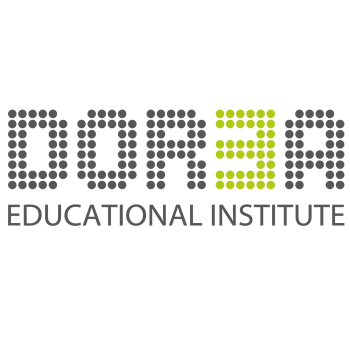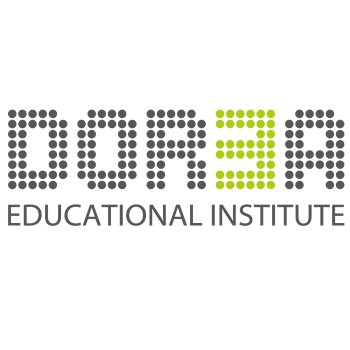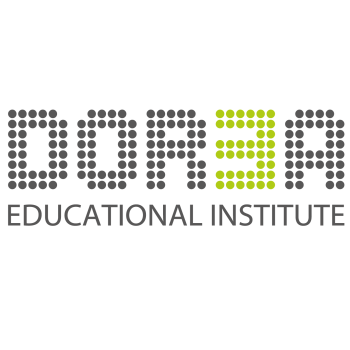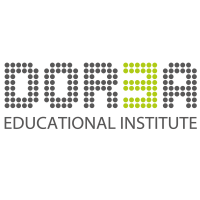
School-Based Experiential Outdoor Education
Research has shown that outdoor/adventure learning improves students’ self-awareness, self-control, self-responsibility, teamwork, community integration and general behaviour at school. Students value the outdoor connection, the hands-on approach and the relevance of the material.
Description
Research has shown that outdoor/adventure learning improves students’ self-awareness, self-control, self-responsibility, teamwork, community integration and general behaviour at school. Students value the outdoor connection, the hands-on approach and the relevance of the material.
Thus, the main aim of the course is to introduce the concept of experiential learning through outdoor education allowing participants to create their own meaningful and engaging learning processes for their students.
During the course, participants will learn how they can bring the classroom out and give the possibility to young learners to learn from nature and their peers as well as to learn by experience. The course programme is based on hands-on experience, thus participants will spend a lot of their time learning outdoors.
The daily programme can be found here.
Learning objectives
Specific objectives of the training are:
- Understanding the concept and the main elements of Experiential Learning and how to implement it in an educational context
- A deeper understanding of the outdoors as a concept and as a method, the ability to use it in daily life and work
- Ability to deliver quality educational activities about social inclusion by using the outdoors as a method
- Ability to create a learning context for youth activities that are based on the “Passive vs. Active inclusion” model and being able to access the inclusion level within a group
- Ability to address social inclusion and similar topics with more tools and methods than before
- Ability to use the surrounding environment successfully for group and individual learning
- Have a stronger, more aware and open personality
- Ability to cooperate and communicate effectively
- Improved ability to learn and have a deeper respect for learning
Methodology & assessment
The methodology of the training includes a learner-centred approach and utilizes self-learning methods. The aim of the training is not to produce ready-made solutions (passive learning) but to inspire the participants to search creatively for knowledge and effective solutions which are connected to their needs and challenges(active learning). In this way, the participants take responsibility for their own learning process and act as active partners in the training.
Assessment of the course combines formal and non-formal assessment methods such as self-evaluation at the end of the course and formal evaluation forms provided by the organisation.
Materials, digital tools & other learning resources
This course empowers educators to integrate outdoor education through interactive materials, toolkits, and digital tools. Participants engage with case studies, scenario-based learning, and self-assessment tools to create engaging outdoor activities, manage risks, and connect nature with academic learning. Practical resources support fostering holistic student development through experiential outdoor education.
Certification details
- Certificate of attendance
- Certificate of obtained competencies
- Europass mobility certificate
Pricing, packages and other information
-
Price:450Euro
-
Course package content:
- Course fee and training material
- Certificate of Competence
- Welcome dinner
- Administration costs
- Coffee Breaks
- Cultural visit
-
Additional information:Description of the services and activities included in the course package (such as accommodation, meals, transport) or available at extra cost.
-
Cancellation & changes:
DOREA EDUCATIONAL INSTITUTE registration, cancellation/ rescheduling and refund policy can be found here: https://dorea.org/registration-cancellation-rescheduling-and-refund-policy/
-
Additional information:The options and conditions for change and cancellation, and the policy in case of unforeseen circumstances (force majeure).
Additional information
-
Language:English
-
Target audience ISCED:Primary education (ISCED 1)Lower secondary education (ISCED 2)Upper secondary education (ISCED 3)
-
Target audience type:TeacherTeacher EducatorNot-for-profit / NGO staff
-
Learning time:20-25 hours
Upcoming sessions
Past sessions
More courses by this organiser

Intercultural Communication in Education

Refugees and Immigrants: Social Inclusion to EU through Non-Formal Education


